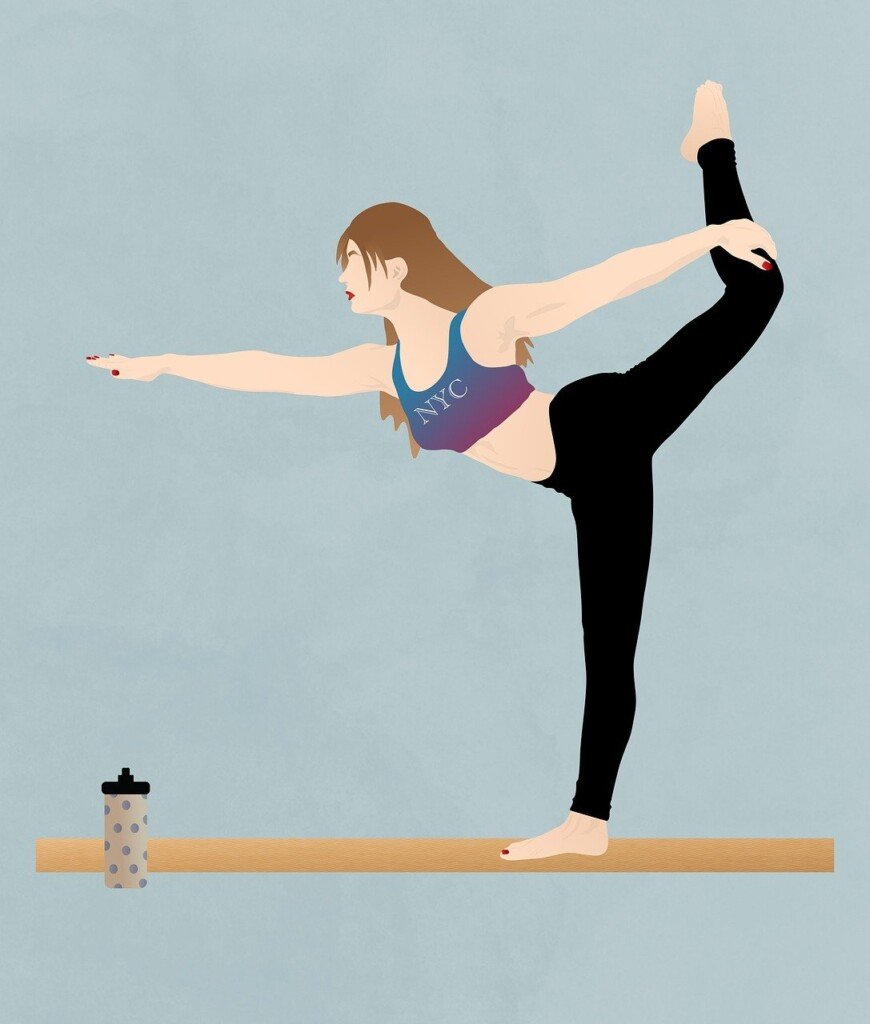Life operates on a simple but profound principle: everything worth having comes with pain (everything costs pain). Whether it’s the soreness from a workout that leads to a stronger body, the discomfort of disciplined meditation that results in mental clarity, or the struggle of learning that eventually unlocks wisdom, pain is always the price of pleasure.
This truth of everything costs pain is backed by both scientific and spiritual perspectives. In neuroscience, the brain’s reward system is structured in a way that pleasure often follows discomfort. In spiritual traditions, suffering is seen as a gateway to enlightenment. The key to a fulfilling life isn’t to avoid pain but to choose the right kind—the kind that leads to lasting joy rather than fleeting gratification.
The Science of Pain Before Pleasure

At a neurological level, the brain is wired to balance pain and pleasure. The dopamine system, which governs our sense of reward, often works in an oppositional manner: excessive indulgence in pleasure leads to a pain response, while enduring difficulty leads to later satisfaction.
📌Dopamine and the Balance of Pleasure and Pain
Dopamine, often referred to as the “feel-good” neurotransmitter, plays a central role in our motivation and pleasure-seeking behaviors. However, neuroscientist Dr. Anna Lembke, in her book Dopamine Nation, explains that when we experience pleasure without effort—like bingeing on junk food or scrolling endlessly through social media—the brain compensates by pushing back with pain.
This manifests as guilt, dissatisfaction, or an increased tolerance that leads to addiction-like behaviors. On the other hand, when we engage in difficult but meaningful activities, like exercise or studying, the brain rewards us with long-term dopamine release, making the pleasure deeper and more sustainable.
📌The Hormetic Effect: Stress That Strengthens
The concept of hormesis in biology supports the idea that small, controlled doses of stress lead to greater strength and resilience. This is evident in physical exercise—lifting weights breaks muscle fibers, which then rebuild stronger. Cold exposure, fasting, and even intellectual challenge operate on the same principle: discomfort in the short term leads to enhanced well-being in the long term.
The Spiritual Perspective of Everything Costs Pain: Suffering as a Path to Enlightenment

Across spiritual traditions, pain and suffering are often seen as essential to growth and transformation.
📌Buddhism: Life Is Suffering, But Suffering Leads to Liberation
The Buddha’s first noble truth states that life is suffering (dukkha). This isn’t a pessimistic outlook but rather an acknowledgment that attachment to fleeting pleasures leads to pain. The solution? Endure the discomfort of self-discipline and meditation to achieve the ultimate peace of enlightenment.
📌Stoicism: Embracing Discomfort for Strength
Stoic philosophers like Marcus Aurelius and Seneca emphasized voluntary hardship as a way to develop inner strength. Seneca advised practicing poverty for short periods to inoculate against the fear of loss. By choosing pain in controlled doses, Stoics believed one could become unshakable in the face of life’s inevitable hardships.
📌Christianity: Sacrifice Leads to Redemption
In Christian teachings, suffering is often linked with redemption. The story of Jesus’ crucifixion symbolizes the idea that great rewards come only after great sacrifice. Many saints and mystics have echoed this sentiment, emphasizing fasting, prayer, and asceticism as ways to purify the soul and deepen one’s connection with God.
The Two Paths of Pain and Pleasure

Pain and pleasure operate in two distinct sequences:
- Pain First, Pleasure Later – This is the path of long-term fulfillment. Exercising before enjoying a fit body, studying before mastering a skill, investing before wealth grows.
- Pleasure First, Pain Later – This is the path of fleeting gratification. Eating junk food before feeling sluggish, procrastinating before facing stress, indulging in laziness before experiencing regret.
One rule of thumb in life is to always choose the first path. When you willingly undergo the pain upfront, you earn the right to lasting joy. When you avoid the necessary pain, it only compounds later.
Practical Applications: Choosing the Right Kind of Pain
Understanding that pain is inevitable, the best approach is to choose pain that leads to growth rather than decay. Here are some practical examples:
- Physical Health: Exercise and nutritious eating require effort, but they bring the long-term reward of energy, strength, and vitality. Conversely, indulgence in junk food brings momentary pleasure but long-term health consequences.
- Mental Health: Meditation and self-discipline are challenging, but they cultivate inner peace. In contrast, avoiding responsibility and numbing emotions with distractions leads to anxiety and regret.
- Career and Finances: Hard work, delayed gratification, and investing wisely create financial freedom. Overspending and chasing immediate pleasure lead to long-term financial struggle.
- Relationships: Honest conversations and vulnerability can be uncomfortable, but they foster deep connections. Avoiding difficult talks or seeking only easy relationships leads to shallow connections and eventual loneliness.
Pain Is the Currency of Success

Ultimately, everything costs pain. Life rewards those who understand that pain is the currency of success. If you pay it upfront, you enjoy the dividends of pleasure later. If you try to avoid the payment, life will extract it from you with interest.
This is not to say that all suffering is beneficial—unnecessary or excessive pain should be avoided. But when it comes to achieving anything meaningful, embracing the right kind of struggle is the only path to true joy.
So, the next time you face discomfort on the road to something great, remember: the pain is not punishment—it’s proof that you’re on the right path.
